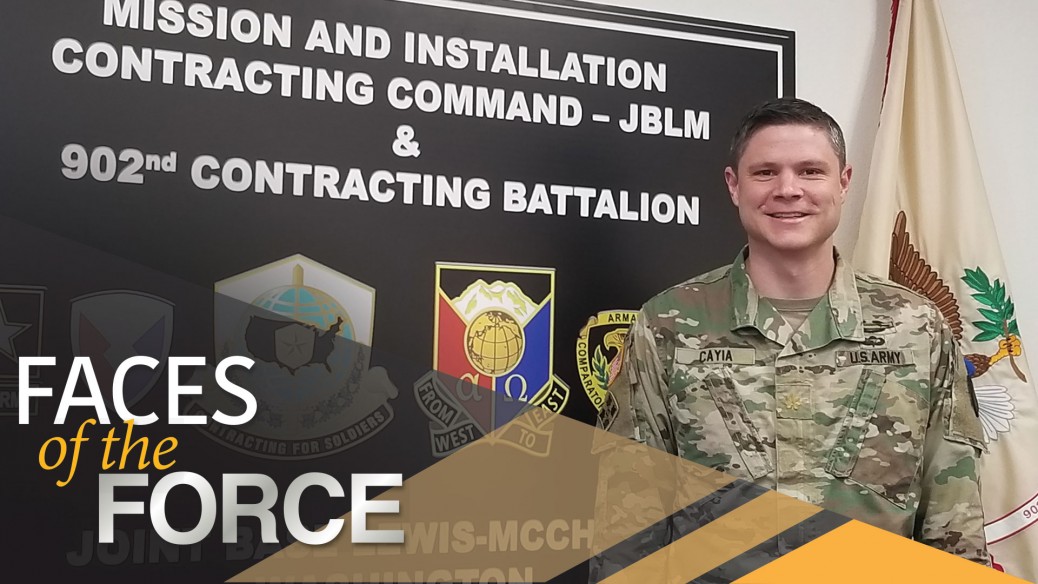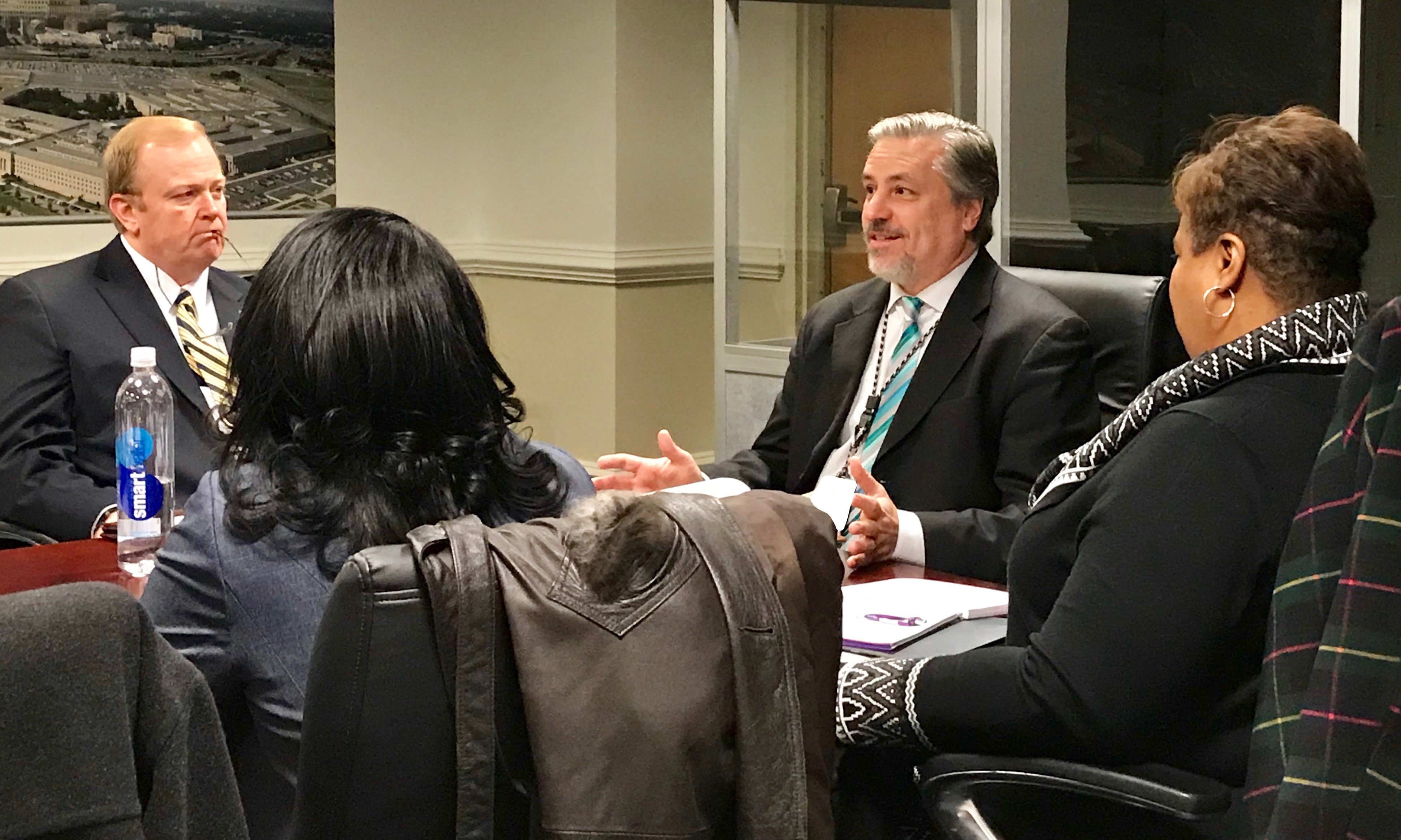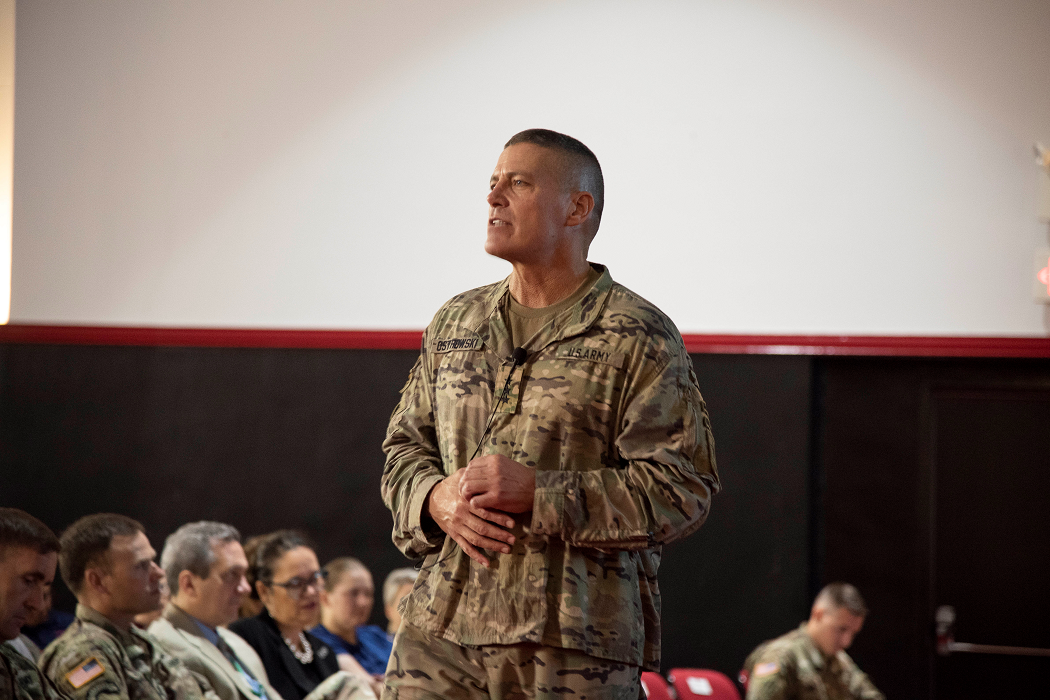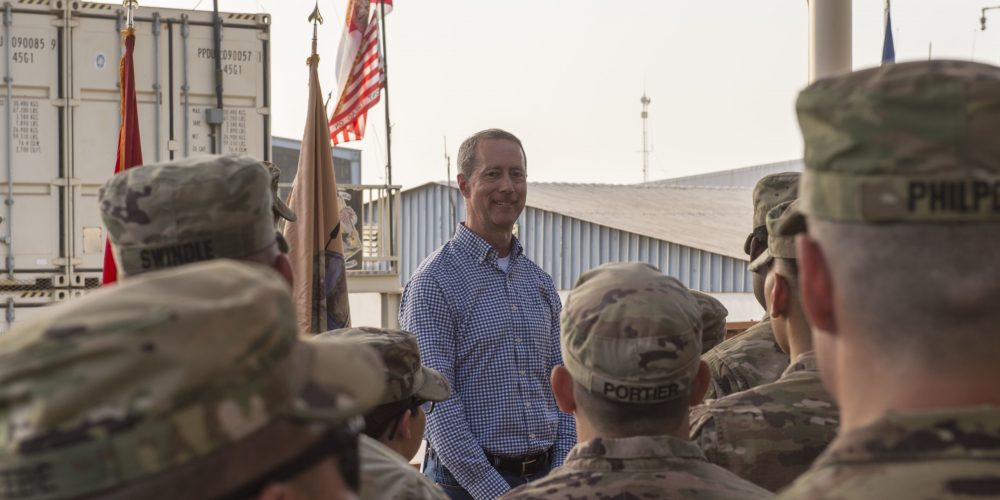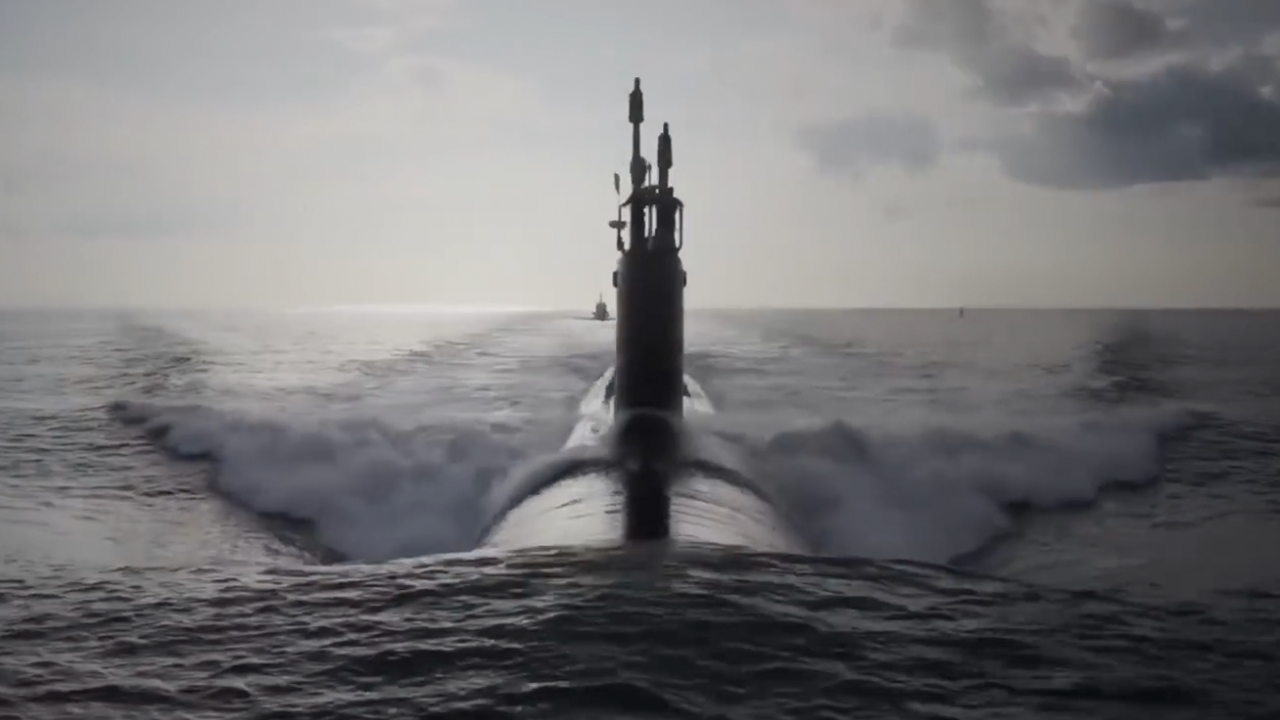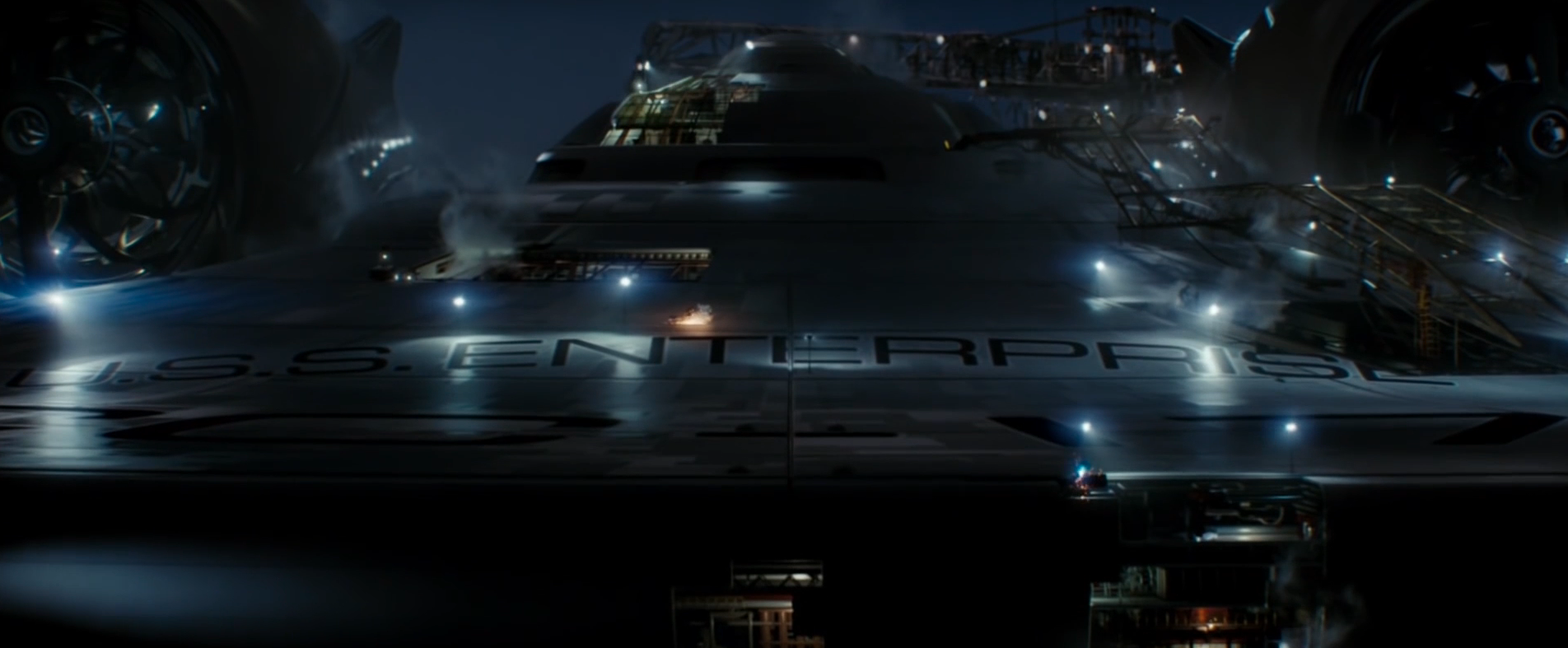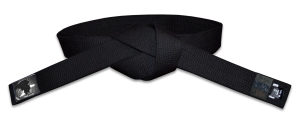Army AL&T News
Combat experience leads to acquisition career
Posted: 13 Nov 2018 07:00 AM PST
Maj. Tom Cayia
COMMAND/ORGANIZATION: 902nd Contracting Battalion, 418th Contracting Support Brigade, Mission and Installation Contracting Command
TITLE: Contract management officer
YEARS OF SERVICE IN WORKFORCE: 4
YEARS OF MILITARY SERVICE: 12
DAWIA CERTIFICATIONS: Level III in contracting
EDUCATION: MBA in acquisition and contract management from the Naval Postgraduate School; B.S. in business management, Tulane University
by Susan L. Follett
As a contract management officer for the 902nd Contracting Battalion (CBN), Maj. Tom Cayia is responsible for planning and coordinating contracting support to the warfighter. Sounds pretty straightforward, right? But throw in the stakeholders, units and organizations that he works with, and things get a little more complicated.
Cayia’s battalion is aligned with I Corps at Joint Base Lewis-McChord (JBLM), Washington, but is part of the Mission and Installation Contracting Command in Texas. In support of I Corps, the 902nd CBN provides contract support to a wide array of units, including active duty, National Guard and Reserve groups, that operate across the U.S. Indo-Pacific Command (INDO-PACOM) theater of operations.
As part of his key developmental position, Cayia is responsible for future operations planning. He works with the various commands that operate in the Pacific and at JBLM to ensure that the 902nd CBN adequately plans for and resources all missions that require contracting support. “The most challenging aspect of my position is really understanding how to extend influence beyond the typical chain of command. Figuring out how to leverage other units and activities to better facilitate our support to the warfighter is turning out to be the most complex challenge so far,” he said.
Given the number of stakeholders Cayia works with, it’s not surprising that he places a premium on communication skills. “Good communication skills are imperative on this job,” Cayia said. “That includes writing and public speaking, and being able to communicate with different audiences. Quantitative skills are important, too—the ability to analyze a spreadsheet or to look at cost trends or other data before making a decision—but more than anything, you need to be a good communicator to be successful.” A little common sense doesn’t hurt, either, he added. “If I were hiring someone for my job, I’d look for someone mature and level-headed—someone who was able to understand the nuances of any situation and consider all perspectives when making a decision. It’s also important to be flexible and to be able to work with a diverse group of people.”

Cayia (back row, second from left) and the other members of the 923rd Contracting Battalion pose for a photo during their deployment to Kuwait. (Photo courtesy of Maj. Tom Cayia
Cayia transitioned to the Acquisition Corps four years ago. “It’s been really eye-opening to see how much support a handful of contracting personnel can achieve,” he said. “Contracting support is a real combat multiplier that helps I Corps execute the Pacific Pathways missions, which really relate directly to the INDO-PACOM commander’s theater campaign plan and our national security objectives.”
Several factors prompted him to switch to acquisition, he noted. “The one that stands out the most stems from my first deployment as an infantry platoon leader in Afghanistan,” he said. “There I was able to witness firsthand the life-saving capabilities of Soldier protective equipment and MRAP [mine resistant ambush protected] vehicles. My experiences in combat really helped plant the seed in my mind that encouraged me to want to become a part of the acquisition community—where I could best apply my talents to providing materiel and services to the warfighter that may ultimately result in reducing risk to our service members on the front lines.”
The transition to acquisition has been “a phenomenal experience,” Cayia noted. After completing the Voluntary Transfer Incentive Program, he attended graduate school at the Naval Postgraduate School (NPS) in Monterey, California, earning an MBA in an 18-month program that specialized in acquisition and contract management. Attending NPS “gave me ample opportunity to study and learn about my new profession before reporting for my first assignment,” he said. “Additionally, while at NPS, I was able to network with a large number of fellow acquisition professionals across the joint force who continue to serve as a backbone to the solid professional network I continue to depend on.”

Cayia (front row, third from the right) and other members of the 923rd Contracting Battalion attend a demonstration during their deployment to Kuwait. (Photo courtesy of Maj. Tom Cayia)
The most important point in Cayia’s acquisition career so far came in 2016, when he deployed with the 923rd CBN to Iraq, Kuwait, Afghanistan and Qatar for nine months in support of Operation Inherent Resolve. He worked in Iraq as an administrative contracting officer for the Contingency Contract Administration Service and worked on supply and commodity buys for Afghanistan from the Regional Contracting Center – Qatar. Both positions showed him “how critical contracting is to the warfighter,” he said, noting that one experience was particularly memorable. “During my time in Iraq, I was able to work with a contractor and Combined Joint Task Force – Operation Inherent Resolve to create a training area for Iraqi forces to practice deploying their mobile bridging systems. That helped facilitate critical training for the Iraqi Security Forces that was essential to their mission to retake the city of Mosul.”
Looking back over the past few years, he noted that the most important thing he’s learned “is that the experiences I gained before I joined the Acquisition Corps drive my behavior as an acquisition officer. I’m still doing a lot of the things I did when I led an infantry platoon or was a signal company commander, and the skills and habits I developed there are still important,” he said. “As an acquisition officer, you’re still expected to lead, to leverage systems and organizations to achieve a desired goal; it’s just that your teams look different. Instead of 150 Soldiers, you might be leading smaller groups of Soldiers and civilians.” Don’t forget the basics, he added. “Going to the range, taking PT—individual readiness and equipment readiness are still important. You need to be ready to deploy at any time.”
Cayia has this advice for those just starting out in acquisition: “Focus on providing the best possible outcomes for the warfighter. The challenge is not to think in terms of dollars spent or actions taken, but instead in terms of impact or capability provided to the Soldier on the ground.”

